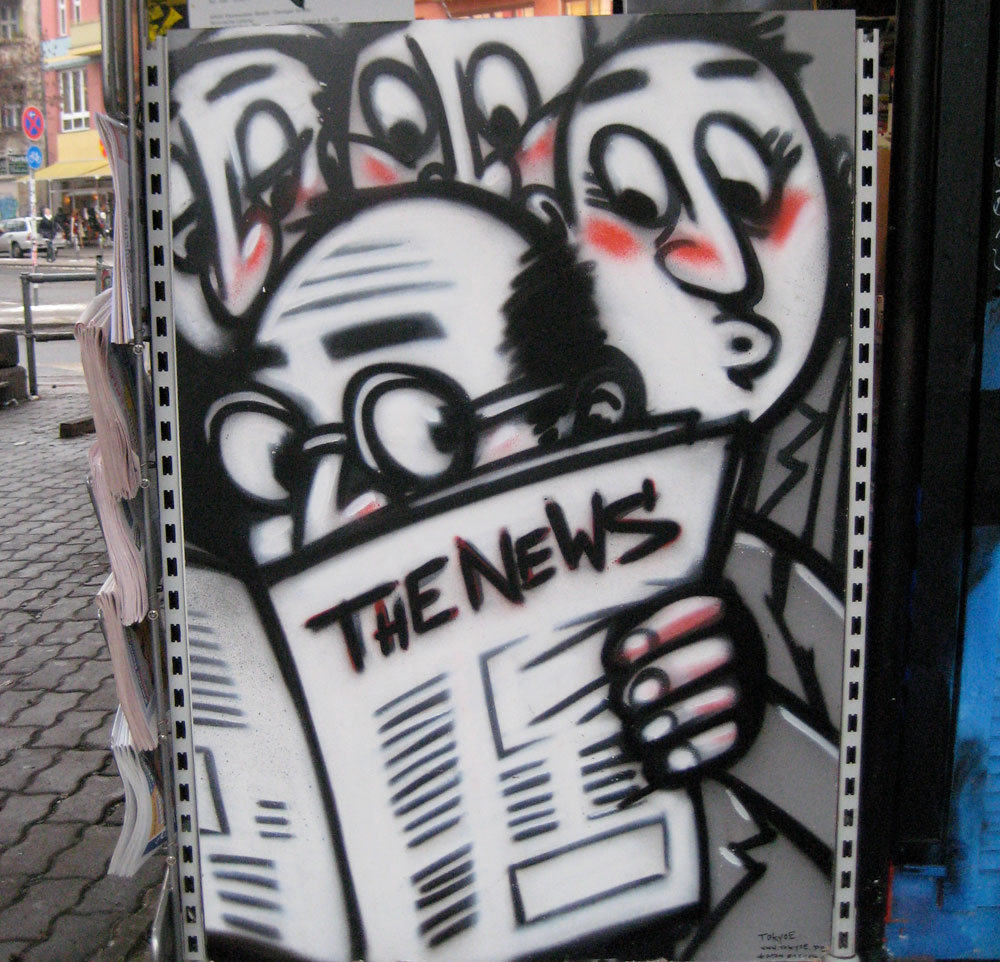July 9, 2011; Source: Pittsburgh Post-Gazette | The Pittsburgh Cultural Trust was first established by business man Jack Heinz in 1984, so in some ways it makes sense that business leaders have come to the organization’s rescue 27 years later.
According to the Pittsburgh Post-Gazette, the Cultural Trust first announced its targeted outreach campaign to overcome a budget shortfall of about $800,000 to the legal community last fall at a breakfast for managing partners of 30 of the city’s law firms. Since then, 18 law firms have formed a new coalition, the Cultural Trust Legal Society, with a pledge to provide $240,000 annually to the trust for the next five years, for a total of $1.2 million.
With a budget of $50 million this year, the trust would be considered a large nonprofit by most standards, but the organization’s $800,000 budget shortfall is an indication that, like other nonprofits, it has struggled during the economic downturn. Although the organization generates a majority of its income from ticket sales, it has also relied on government and foundation grants which have declined in the past few years. Citing Kevin McMahon, president and CEO of the trust, the Post-Gazette reports that to date the organization has made a 17 percent reduction in staff, and a 20 percent reduction in programming along with other cuts to public outreach.
Sign up for our free newsletters
Subscribe to NPQ's newsletters to have our top stories delivered directly to your inbox.
By signing up, you agree to our privacy policy and terms of use, and to receive messages from NPQ and our partners.
Jack Heinz, chair of the H.J. Heinz Company, first established the vision for the trust with his dream of transforming a blighted and derelict stretch of downtown Pittsburgh into a renewed arts district. The organization’s web site notes that since its founding, the organization has gone on to assume the role of “both an arts agency and a real estate and economic development catalyst” for downtown Pittsburgh.
Spokesperson and advocate for the Legal Society, Chester Babst, is a lawyer and individual donor to the trust, roles that have helped him to recognize mis-perceptions about the trust within his own community. “I realized most people don't understand everything the trust does,” he explained to the Post-Gazette. “They think it's the source of Broadway touring productions of 'The Lion King' and 'Wicked' and performances like that . . . But it's quietly bought up real estate and developed it. It's a remarkable asset."—Anne Eigeman













